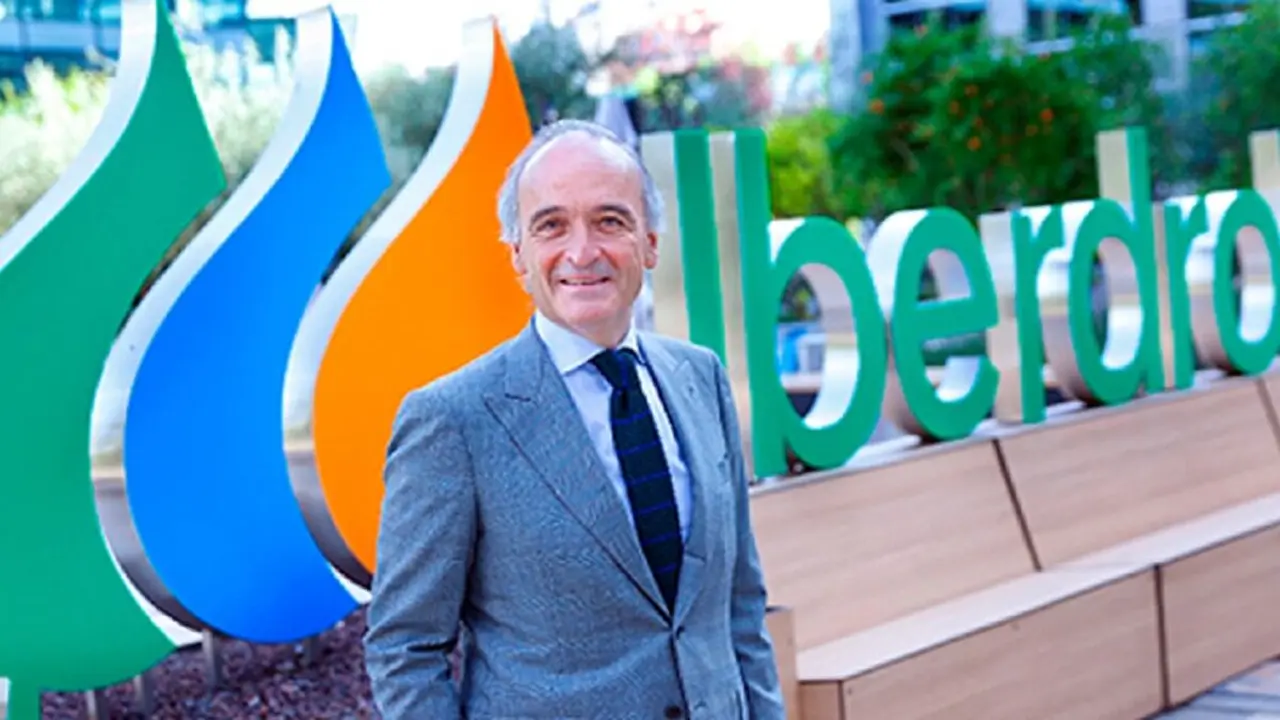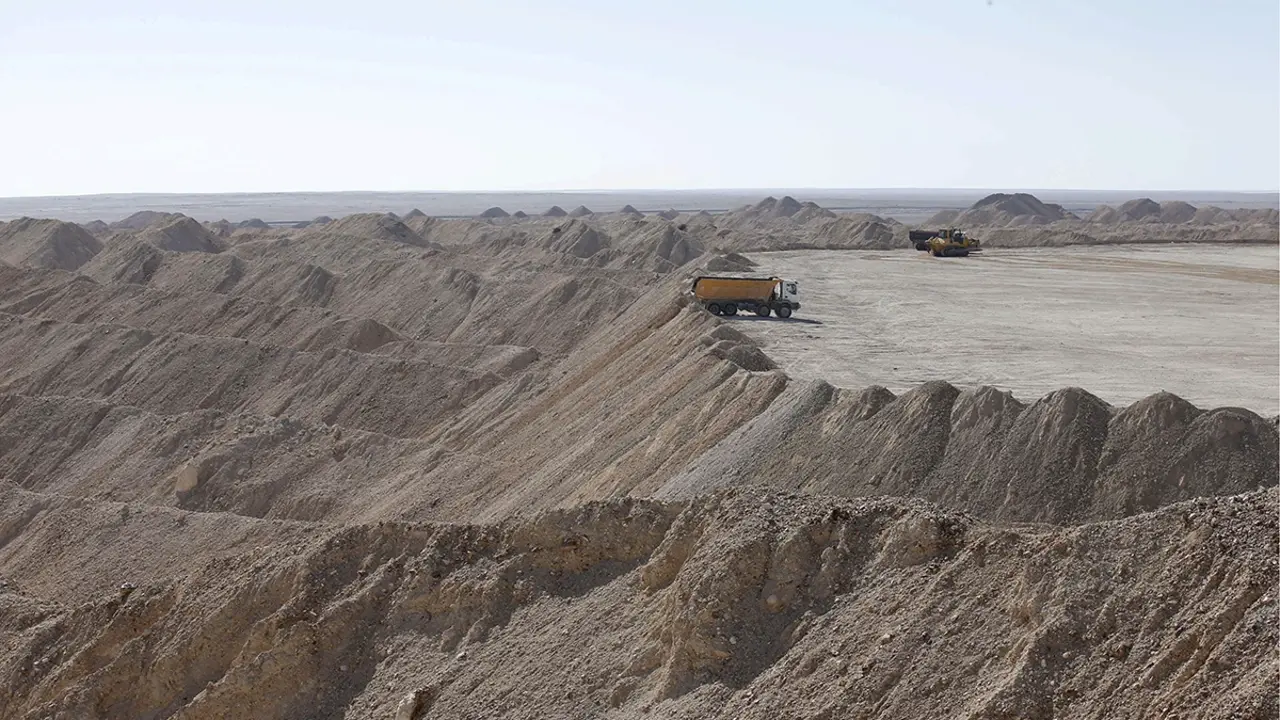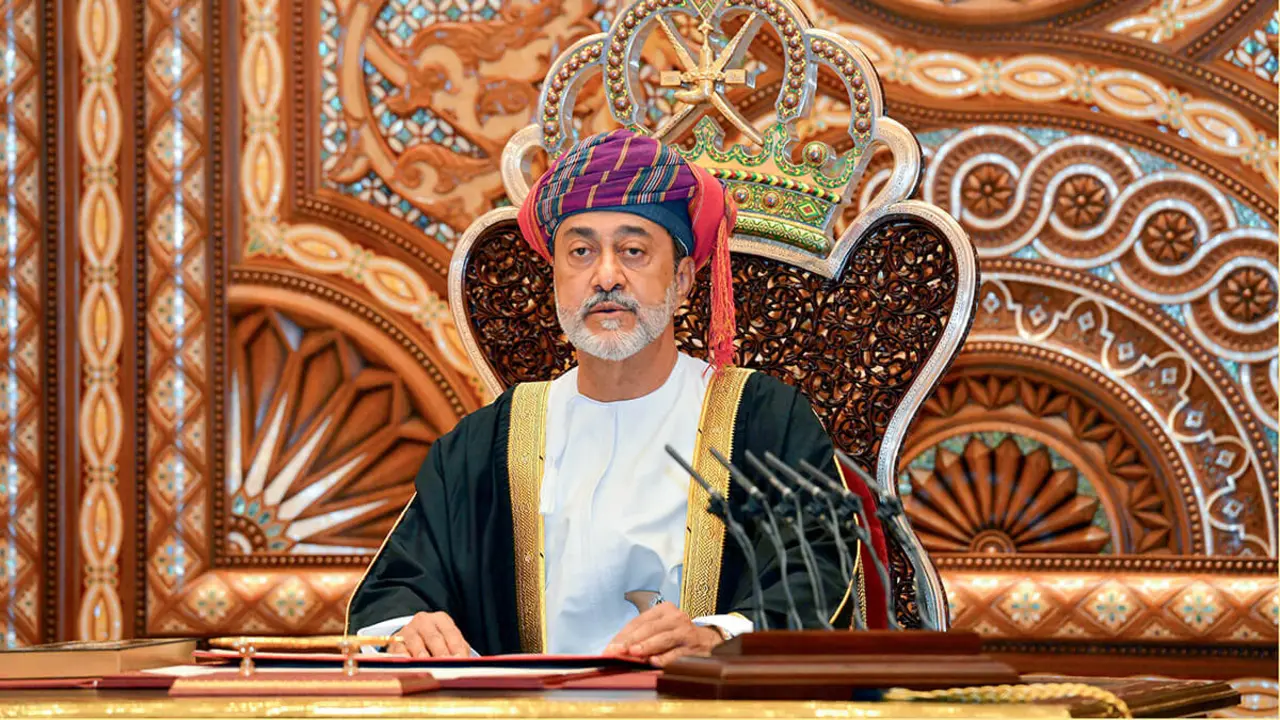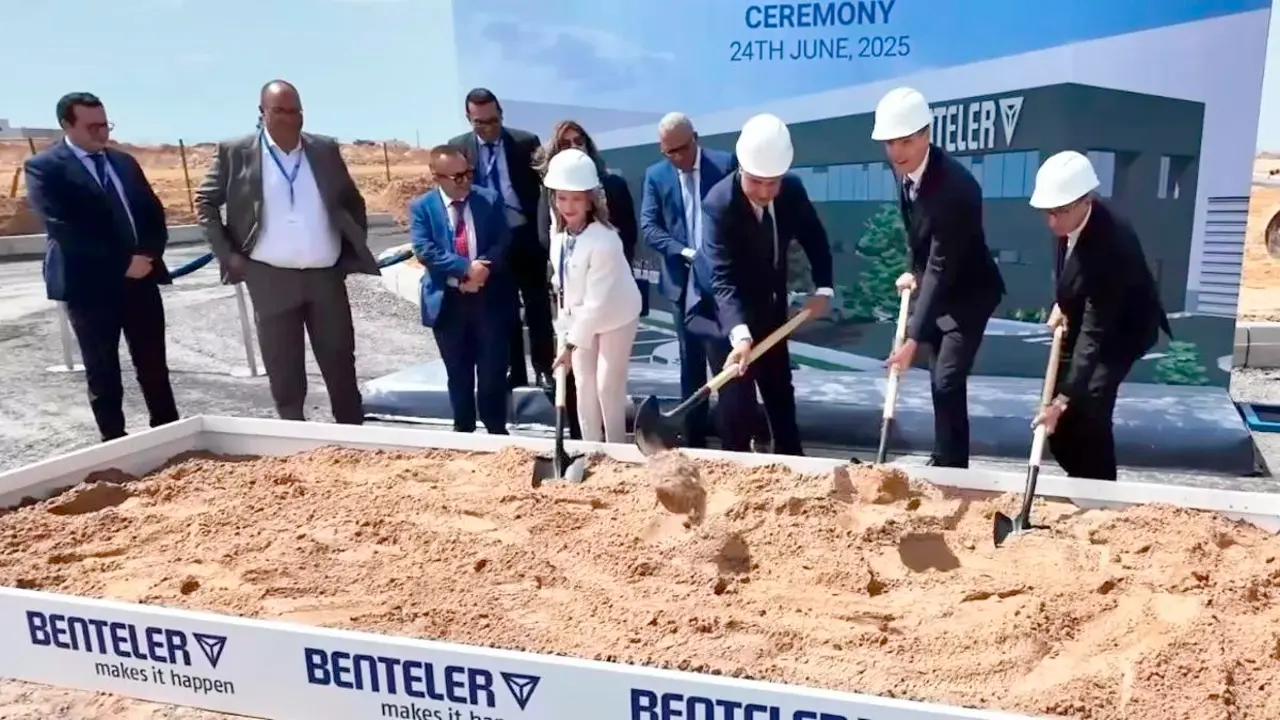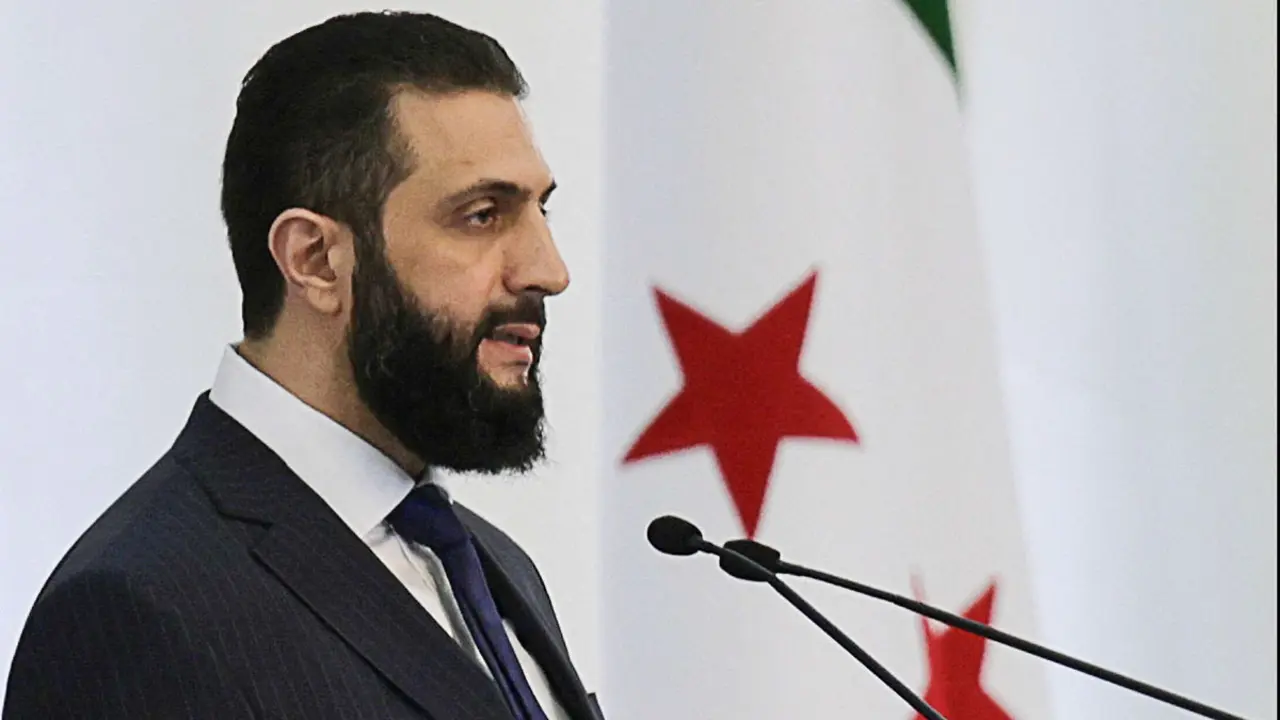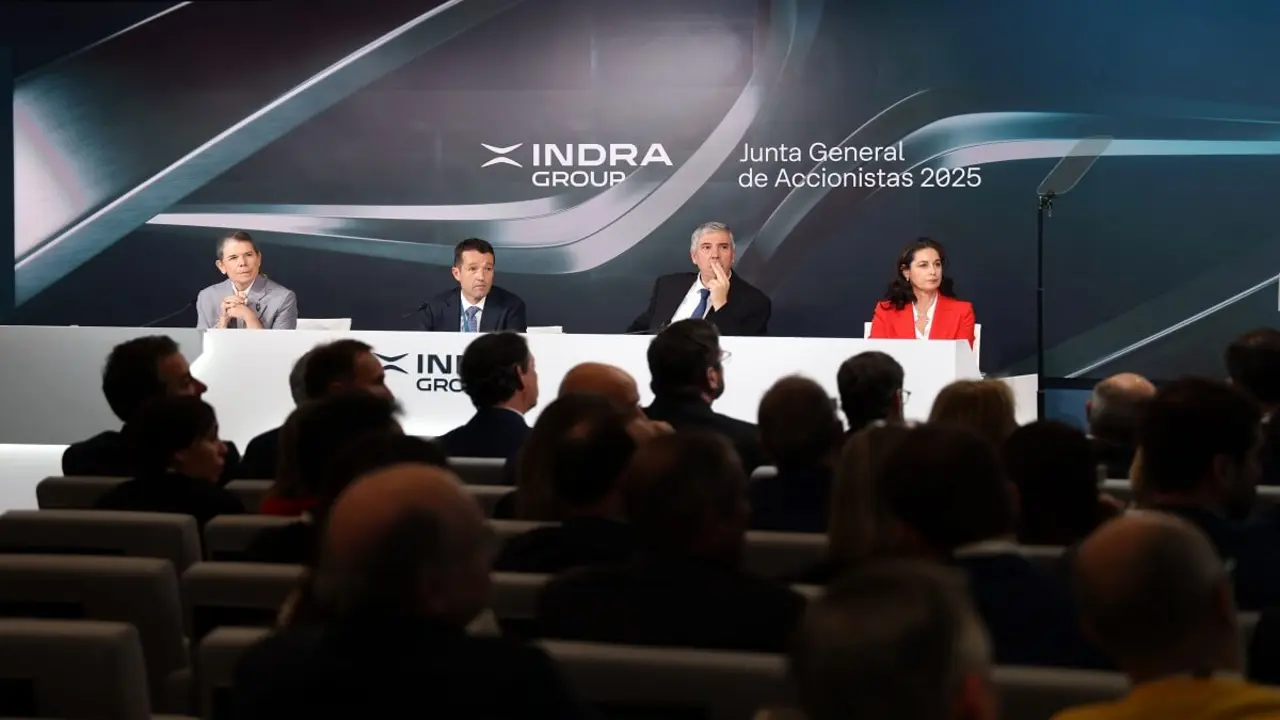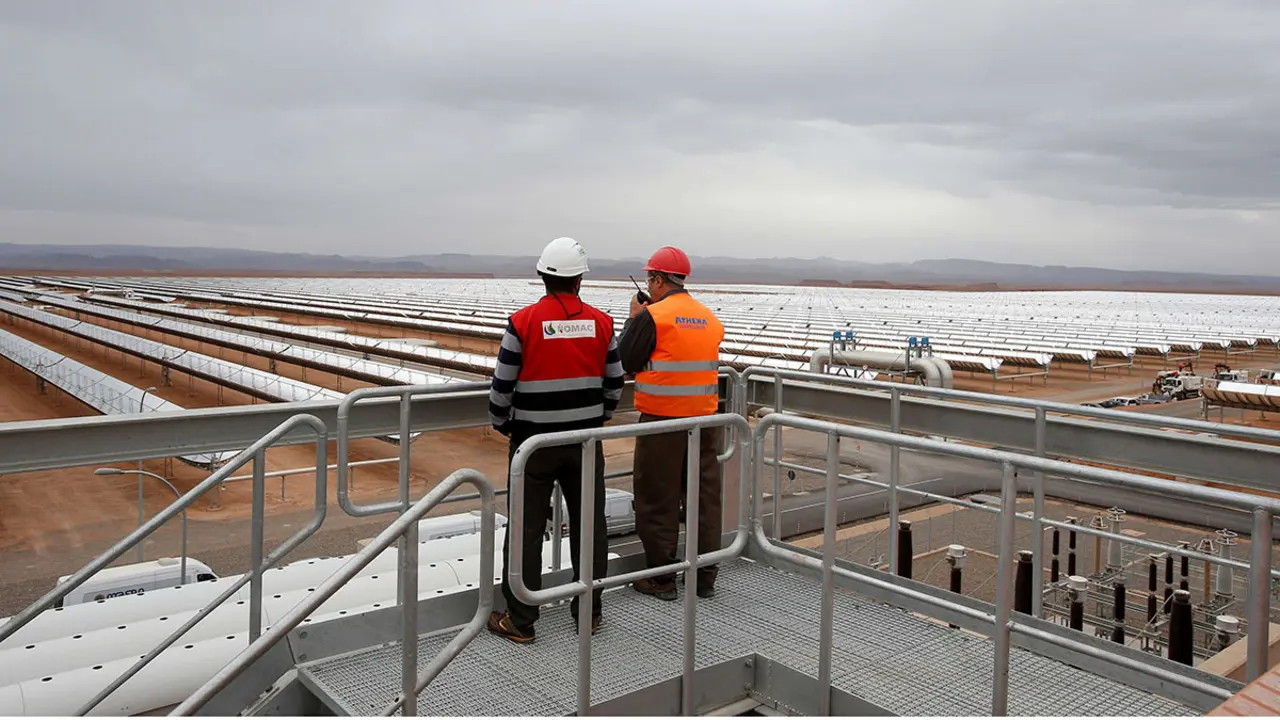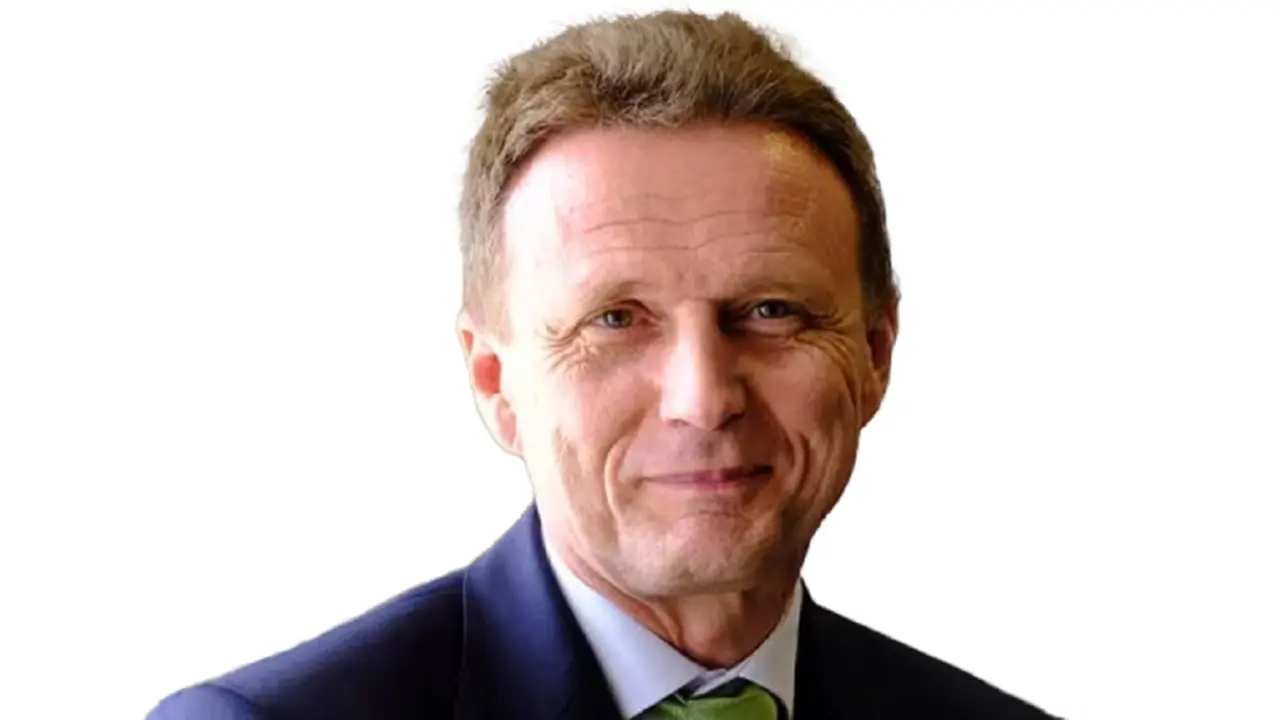Morocco to invest more money to solve water crisis

The Moroccan government will accelerate the transition to non-conventional water sources, such as desalinated seawater, as part of the National Drinking Water Supply and Irrigation Programme. King Mohammed VI orders the government to invest an additional $14.3 million to address the water crisis. The Moroccan monarch has given the green light to increase the budget of the National Programme for Irrigation and Drinking Water Supply 2020-2027 to $14.33 billion.
The directives were given by King Mohammed VI during a meeting on Tuesday at the Royal Palace in Rabat. The National Drinking Water Supply and Irrigation Programme was the focus of the meeting, which was held to monitor progress in its implementation. Nizar Baraka, Minister of Machinery and Water, made a presentation to the monarch on the water situation and the development of the various parts of the programme during the meeting.
This working meeting took place in the presence of the head of government, Aziz Akhannouch; advisor to HM the King, Fouad Ali El Himma; Minister of Interior, Abdelouafi Laftit; Minister of Economy and Finance, Nadia Fettah; Minister of Equipment and Water, Nizar Baraka; Minister of Energy Transition and Sustainable Development, Leila Benali; and Director of the National Office of Electricity and Drinking Water, Abderrahim El Hafidi.
Through the national programme, the government is working to connect the Sebou, Bouregreg and Oum Er-Rbia river basins by building new dams and upgrading the prices of some 20 existing reservoirs, which will increase the Kingdom's storage capacity to 6.6 million cubic metres of fresh water. The government will also accelerate the transition to alternative water sources, such as desalinated seawater, and increase the percentage of treated wastewater reuse capacities as part of the programme, presented by King Mohammed VI.
Plans to increase access to safe drinking water in rural areas are also included in the programme. In recent years, Morocco's development strategy has placed a strong emphasis on efforts to combat water scarcity. To achieve this, the nation has initiated a 30-year plan worth US$37.6 billion that aims to improve national water networks for domestic and agricultural use, as well as protect water supplies affected by climate change.

As the Kingdom's water resources are affected by population growth and the expansion of agricultural activities, water scarcity is a major obstacle to the country's economic and social development goals. According to World Bank data, the agricultural sector alone uses about 88% of the country's water resources. With an average annual water consumption of only 645 cubic metres in 2015, Morocco has one of the lowest per capita water resources in the world, well below the global water poverty line of 1,000 cubic metres.
The aim of this project, according to Nizar Baraka, is to "prevent 500 to 800 million cubic metres of water from entering the sea and to ensure the drinking water and irrigation needs at the level of all these basins". Wastewater treatment, which should be 100 million/m3 instead of 30 million/m3, was also discussed at this meeting, according to Baraka, who noted that these steps will help conserve water and protect the water table.
According to World Bank reports, Morocco's water resources per person could drop to 500 cubic metres by 2050, approaching the international standard of extreme water scarcity. As a result, the nation has initiated a number of projects to mitigate the effects of climate change on its water resources, including the construction of 20 dams with a combined storage capacity of 5.38 million cubic metres. In addition, there was a focus on ways to improve water efficiency and decrease leakage in irrigation and drinking water systems, as well as accelerating drip irrigation to cover one million hectares by 2030.
Moroccan investments in desalination projects include three stations that have a combined daily production capacity of more than 200,000 cubic metres and are currently under construction. To maximise water use in agriculture, Morocco is also making the adoption of irrigation networks a top priority.

